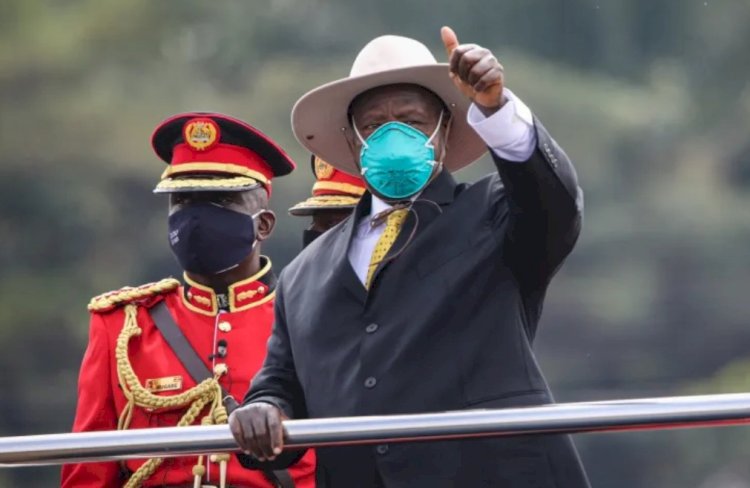Uganda Says It Won't Renew Mandate Of UN Human Rights Office
Yoweri Museveni’s government has, over the years, been criticised by the opposition and activists for rights violations.

Uganda has said it will not renew the mandate of the United Nations human rights office in the East African country, citing the development of its own sufficient capacity to monitor rights compliance. In a letter sent by Uganda’s Ministry of Foreign Affairs to the Office of the UN High Commissioner for Human Rights (OHCHR) on February 3 and seen by Reuters on Wednesday, the ministry noted progress Uganda had made in developing a domestic capacity to monitor rights as the main reason for its decision.
The ministry wishes to convey the government’s decision not to renew the mandate of the OHCHR Country office in Uganda beyond the current term,” said the letter, which the ministry confirmed as authentic. OHCHR Uganda country office spokesperson Bernard Amwine told the media he had no comment.
President Yoweri Museveni’s government has, over the years, been criticised by the opposition, human rights activists and Western countries for various rights violations including torture, illegal detentions and extrajudicial killings of opponents and critics.
Officials have denied nearly all the accusations and said all security forces implicated in rights abuses have been duly punished. In December 2022, Museveni told the media that a number of arrests were due to “some mistakes [in] mishandling people while they were being arrested but we corrected those mistakes.”
The 78 year old has ruled Uganda since 1986 when he came to power after a five-year war. The opposition and critics have accused him of grooming his son, a general in the country’s military, to take over from him. Museveni has repeatedly denied doing so. Researchers say a political patronage culture, including a nationwide network of district commissioners loyal to the president, has been crucial to his stay in power.
The OHCHR Uganda office was established in 2006 and was initially allowed to focus only on human rights issues in conflict-plagued areas in Uganda’s north and northeast, according to the Ugandan government. It was later allowed to cover the rest of the country.
In the letter, the ministry said the government had since gained enough commitment to the promotion and protection of human rights and that there was “peace throughout the country, coupled with strong national human rights institutions and a vibrant civil society”. Uganda’s next election is in 2026 and Museveni is widely expected to seek another term, although he has not indicated if he will stand.
